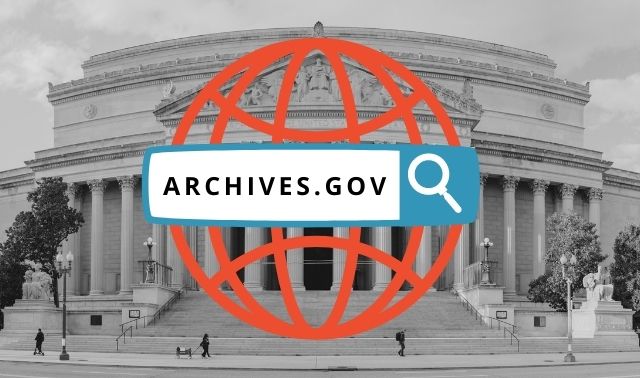Sign up for the Family Tree Newsletter! Plus, you’ll receive our 10 Essential Genealogy Research Forms PDF as a special thank you.
Get Your Free Genealogy Forms
"*" indicates required fields
Dear Ms. Pumpernickel,
Thank you for visiting our library last week and for your follow-up email regarding additional research.
Unfortunately, we can’t fulfill your request to photocopy page 75 out of the green book you used during your visit. Our collection holds numerous green books and we don’t keep track of which patrons have used which books. If you can provide the title and the author of the book, we would be happy to make the photocopy for you.
Sincerely,
Your Genealogy Librarian
~~~~~~~~~~~~~~~~~~~~~~~~~~~~~~~~~~
A Frustrating Situation
Dear Ms. Pumpernickel,
Thank you for visiting our library last week and for your follow-up email regarding additional research.
Unfortunately, we can’t fulfill your request to photocopy page 75 out of the green book you used during your visit. Our collection holds numerous green books and we don’t keep track of which patrons have used which books. If you can provide the title and the author of the book, we would be happy to make the photocopy for you.
Sincerely,
Your Genealogy Librarian
There comes a time in everyone’s genealogy research when you go to a library, make a ton of photocopies, go home, and discover you should have copied one more page. (Probably the most important page.) It’s happened to all of us.
It’s actually no big deal if the library’s local; just make the copy the next time you go. But Ms. Pumpernickel went to her ancestors’ hometown library in the next state, only later to realize that she really needed page 75 out of a book she’d consulted. She hadn’t written down the book title or author because it didn’t seem important when she had the photocopies in hand.
The only thing Ms. Pumpernickel remembers is that this book was green. The librarian would love to help, but she can’t. She has no idea which green book Ms. Pumpernickel used.
Two tricks to remember library sources
You can do to avoid situations like Ms. Pumpernickel’s by doing two things for every information source you find:
- Copy the title page of each book, journal or microfilm you make copies from. Do this first. The title page lists the title, the author and other publishing information. Don’t skimp by just writing down the title. Do you know how many books out there are titled My Family History? (WorldCat lists more than 12,000.) You really do need the author and the publishing information to accurately identify the book.
- Use a research log or calendar. When you have to fill in the blanks of what book or other resource you were using, it helps you get into the habit of recording that information. You can download research logs and calendars for free on FamilyTreeMagazine.com.
Need another reason to track genealogy sources?
Knowing where your information came from isn’t handy only when you forget to copy something. It’s also vital to evaluating the information. Did that marriage date come from the marriage record at the courthouse, a published book listing the marriages in the courthouse, or from an obituary?
A date found in the record itself is more reliable than a date found in a book (the author may have made a mistake) or an obituary (memories fade and reporters can err). But if you didn’t write down the source of the marriage date, you won’t know down the road how reliable it is.
Having all of the information about a book you used will help you—and your genealogy librarian—find what you need. It’ll also help you be more sure about the genealogy research you’ve done.
Last updated: March 2025




